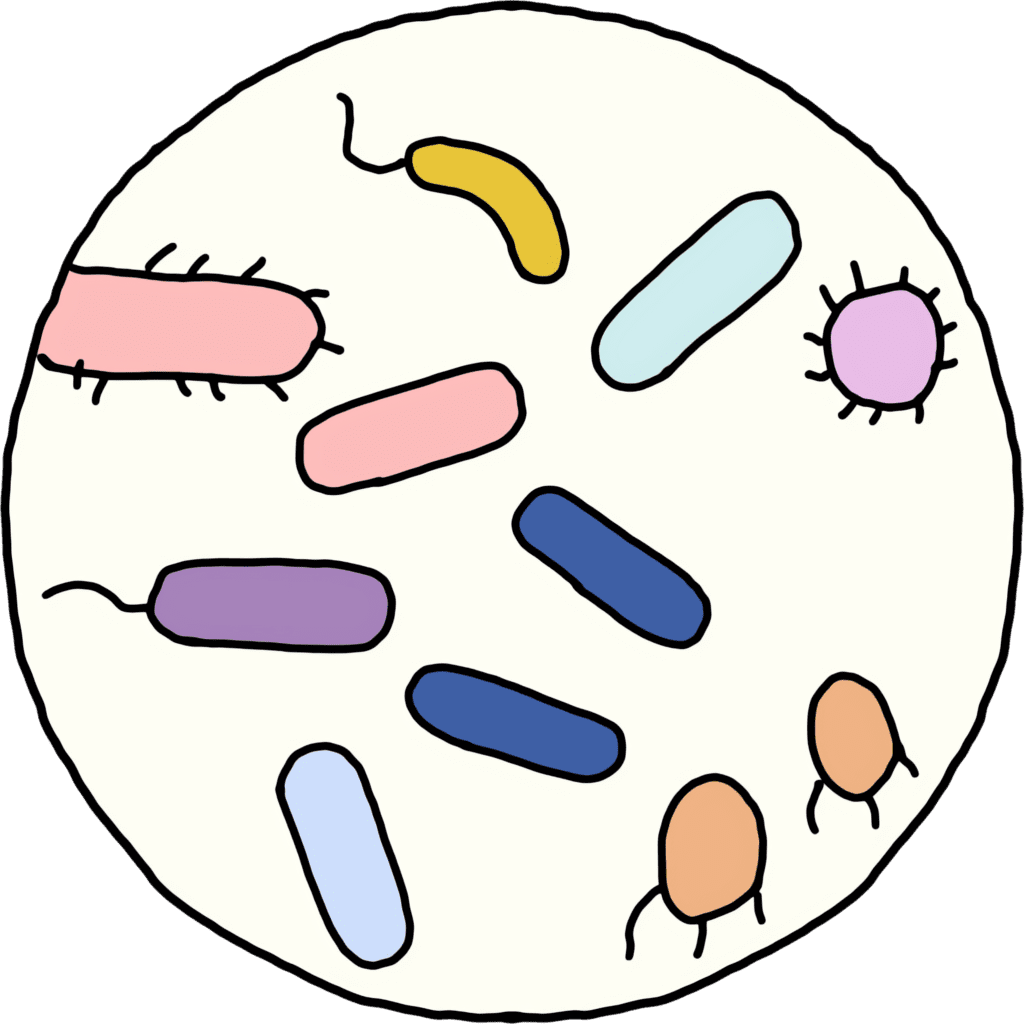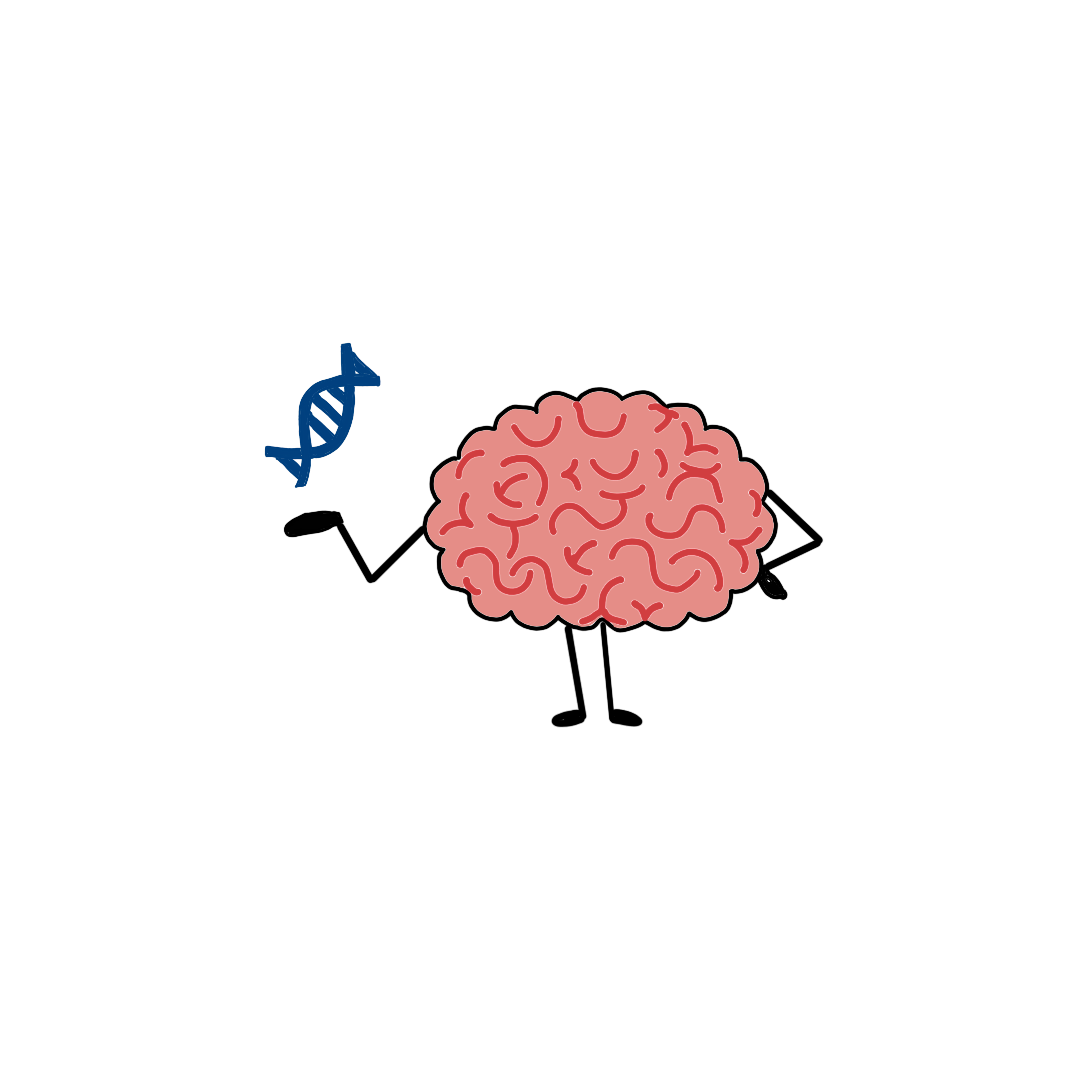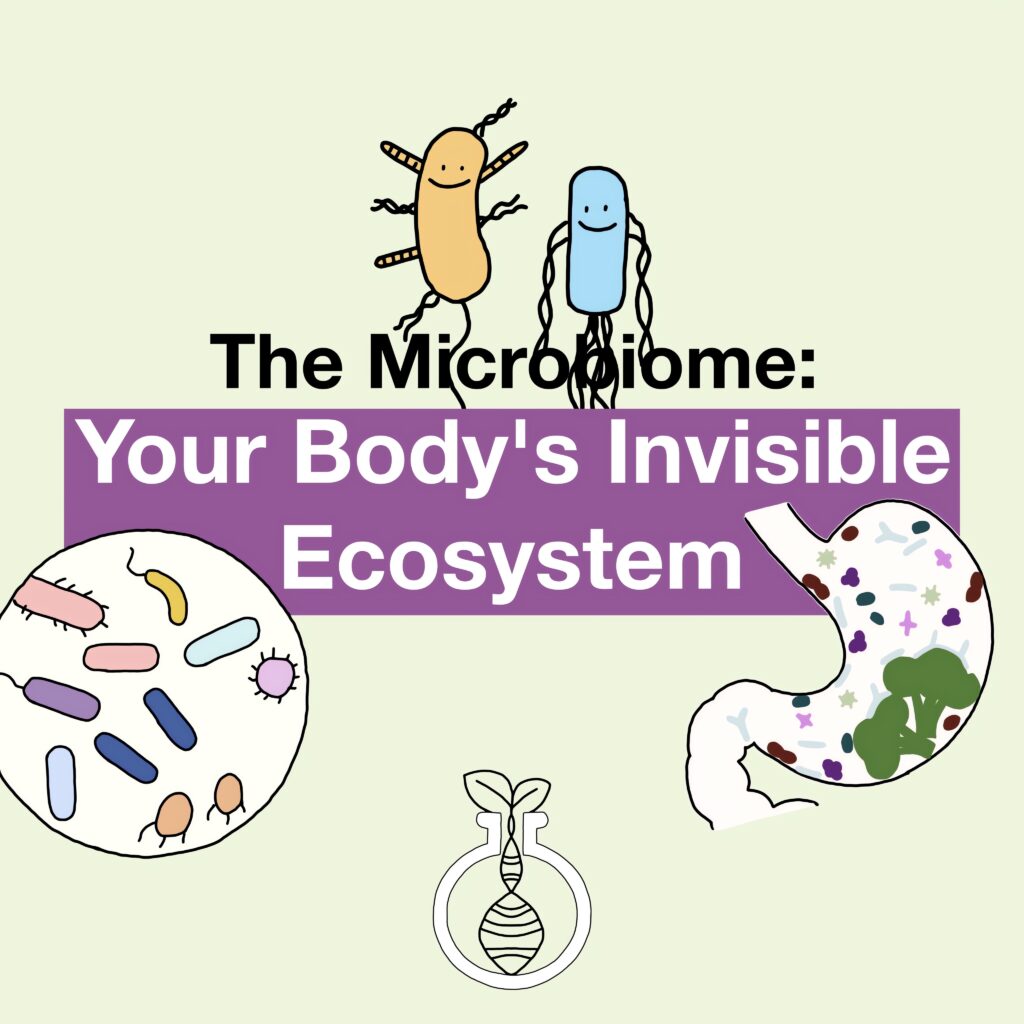Imagine your body as a bustling city. Houses and roads are your organs, but the real hustle and bustle takes place deep in the microbial metropolis of your gut. Small residents – trillions – make decisions that can ripple through your body and mind. Now, what if I told you that this microbial city can play a surprising role in crime scenes and courtroom arguments? Enter the fascinating intersection of forensic behavioral genetics and gut flora, a duo that is reshaping how we think about biology, behavior, and morality.


The Double Helix Meets the Microbe
Forensic behavior genetics is like detective work at the molecular level. Scientists analyze genetic patterns to understand behaviors, particularly those linked to aggression or impulsivity. This field raises tough questions: Can genes make someone more likely to commit a crime? Are our choices preprogrammed, or are they products of nurture, society, or something else?
On the other side, intestinal flora—our gut microbiome—plays a profound, often underestimated role in regulating behavior. These microorganisms influence neurotransmitter production, mood, and even decision-making. So what happens when these two fields collide? Let’s explore.


Gut Feelings: A Biological Courtroom
Picture a courtroom where a defendant stands accused of a heinous crime. A forensic geneticist presents evidence suggesting the individual carries specific genetic markers linked to aggression. Then a microbiologist takes the stand and reveals the defendant’s gut flora is wildly imbalanced, possibly affecting their behavior at the time of the crime.
It’s not just theoretical. Studies suggest that microbial imbalances can exacerbate conditions like depression, anxiety, and impulsivity—traits often linked to criminal behavior. In one experiment, mice with altered gut flora exhibited heightened aggression. If this holds true for humans, then the gut microbiome could be a biological factor influencing behavior.


A Perfect Storm of Influence
The relationship between genetics and gut flora is a two-way street. Your genes influence the types of microbes that thrive in your gut, but these microbes can also impact how your genes express themselves. For instance, the gut produces chemicals that interact with the brain, affecting dopamine and serotonin levels—neurotransmitters essential for mood regulation and impulse control.
Could a person predisposed to aggression through their genes have this tendency magnified by a microbial imbalance? Absolutely. This creates a perfect storm where biology, environment, and gut health converge to influence behavior.


The Ethics of Blame: A Slippery Slope
This brings us to an ethical quandary: If our actions are partially dictated by genetic and microbial factors, how responsible are we for them? Should a jury consider a gut imbalance as mitigating evidence in a criminal trial? These questions challenge the black-and-white notion of morality and responsibility.




My name is Ceyda Çelik, I am a passionate molecular biology and genetics student at Başkent University and also content writer for Biologyto. With a deep interest in the natural world and scientific exploration, I aim to share engaging, informative content that makes biology accessible and exciting for everyone. I’m dedicated to helping readers discover the wonders of life through science.





